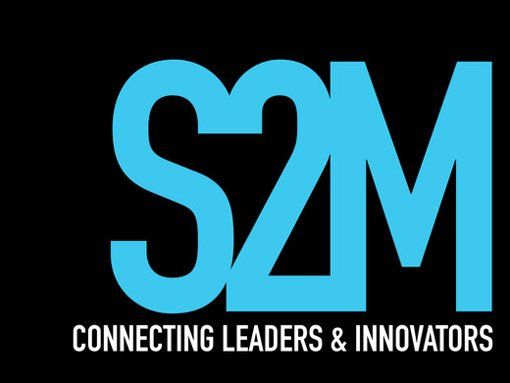The key difference between Sales and Business Development: The Point Guard vs the Shooting Guard
If you’re using the terms business development and sales interchangeably, you’re doing it wrong.
A common misconception exists among applicants who are applying for business development roles is that sales and business development are virtually identical. This misconception often stems from people who work in the industry themselves, who often shift titles between sales and business development out of necessity.
The title of ‘Salesperson’ in and of itself often carries a certain negative connotation, of the typical 80’s “Alec Baldwin in Glengarry Glenross” type of person, with a sole focus on making more money and very little in terms of personality apart from the need for greed. The alternative misconception, is the perception that business development is a purely marketing based role, with very little customer interaction and solely relying on metrics.
The truth is that business development is a hybrid role.
It sits somewhere in between sales and marketing, and depending on the organisation and its products or services, it could go either side. Some say it’s 50/50, others say it’s a 70/30 split, but it usually hangs around the 60/40 mark, with 60% of the role lying in the marketing function, and 40% in sales.
Business development exists to encompass marketing concepts such as brand placement, user acquisition, market awareness and unique selling points. The slide towards sales occurs when these concepts are translated into sales people. The end goal is funnel conversion, and finding the best way to effective sales.
One of the best metaphors used to describe business development is that of the Point Guard (like Ervin “Magic” Johnson) in Basketball. The point guard’s role is to set up points for others to score, but should the opportunity arise the point guard takes it upon themselves to score. A great example of this is when a business development manager plans how to tackle a new lead, then utilises an inside sales rep to prepare the lead, and finalises the account through an account manager.
Sales on the other hand is akin to the Shooting Guard role in Basketball (such as Michael Jordan). A Shooting Guard’s main purpose in basketball is to score points, much in the same way as a salesperson is there to make sales. Of course, their role is not limited to the sales side, and they can perform just as many functions as the business development manager, but it isn’t their main function.
Using this analogy, it may be possible to distinguish a salesperson from a business development manager based on versatility. A business development manager can generate the lead, pass the lead on to a salesperson or even close the sale themselves, whereas a sales person should realistically be aiming to drive the sale by themselves.
In other words, if you’re thinking of going for a business development role, or a sales role, consider whether you’d want to focus on passing and assists, or driving sales by yourself. It’s the difference between the best players in basketball, Michael Jordan and Ervin “Magic” Johnson, who were both great in their own right, but in the own unique way.
Samantha Watts - Founding Director
=======================================================
Samantha Watts works for a leading Digital recruitment firm S2M with offices in Sydney, Melbourne and Singapore .
If you are a Digital Marketer interested in a confidential chat, then get in touch on s amantha.watts @s2m.com.au





